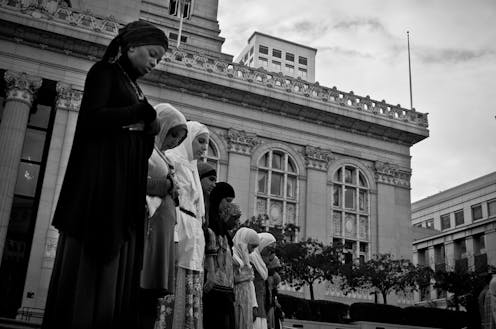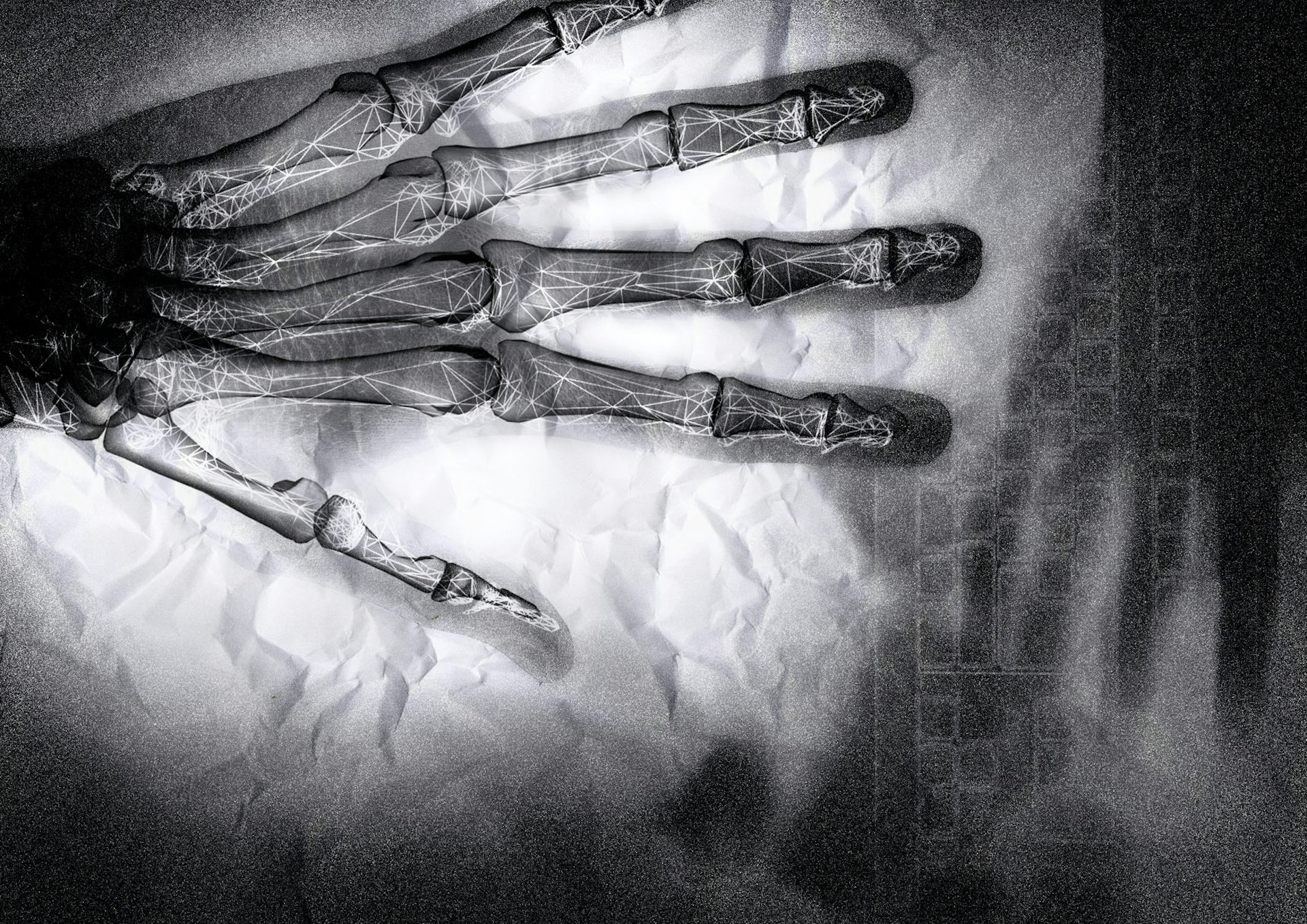What Richard Dawkins doesn't get about the Muslim call to prayer
The Muslim call to prayer has often been misconstrued. A scholar explains how Islamic prayer is the heart of Islam that allows for an intimate connection between Muslims and their Creator.

Richard Dawkins, the evolutionary biologist, unapologetic atheist and author of “God Delusion,” recently tweeted a picture of himself in front of the Winchester Cathedral in England, which said,
“Listening to the lovely bells of Winchester, one of our great mediaeval [sic] cathedrals. So much nicer than the aggressive-sounding ‘Allahu Akhbar.’ Or is that just my cultural upbringing?”
This lit a twitterstorm of tens of thousands of retweets and replies. Numerous news outlets around the world posted opinion pieces, critiques and analyses of his tweets. To correct, or perhaps clarify his initial tweet, Dawkins then retweeted,
“The call to prayer can be hauntingly beautiful, especially if the muezzin has a musical voice. My point is that ‘Allahu Akhbar’ is anything but beautiful when it is heard just before a suicide bomb goes off. That is when Islam is tragically hijacked by violence.”
Both supporters and critics again filled his Twitter threads with heated comments.
This is not the first time the Muslim call to prayer has been misconstrued or that Muslims have been attacked for their prayer practices around the world. Muslims have been checked from praying in countries such as Switzerland, France, India and Israel.
Suspicions around Muslim prayers
There is a long history of opposition to public airings of the Muslim call to prayer. Starting in 2004, many of the longtime Polish Catholic residents of Hamtramck, Michigan, expressed vehement opposition to the call to prayer being aired publicly. This dispute continues until today.
This is not the only one. In 2015, Franklin Graham, son of Billy Graham and well-known evangelical leader, tweeted his opposition to Duke University’s plans to allow prayers, which included “Muslim prayers,” as part of its ongoing commitment to creating a pluralistic campus.
In a 2016 incident, a Muslim student who was praying in the library of the University of Central Florida was singled out as a threat.
In my ongoing research that looks at Muslim experiences of ritual practices in the U.S., I’ve spoken to Muslims who are forced to hide their prayer practices from colleagues at work. Many of them delay their prayers when out in public because of fear of being attacked.
Part of the suspicion comes from the fact that the prayer words “Allahu Akbar,” or “God is the greatest,” is associated with suicide bombers and other extremists. Indeed, film studies scholar Corey Creekmur surveyed Hollywood’s “war on terror” films and found that nearly all films invoking Islam or the Middle East include the call to prayer in the background. Creekmur argues that these films create an insidious connection between the call to prayer and political violence.
What many do not understand is the history and poetry in the Muslim way of praying.
Beauty of the Muslim prayer
It is believed that Prophet Muhammad received the words of the call from God through the archangel Gabriel. The Quran, which Muslims believe to be the direct words of God, commands Muslims to pray five times a day.
Many Muslims organize their days around the call to prayer and others stop what they are doing during the call and make supplications to God.
The Muslim call to prayer can be heard through loudspeakers mounted on minarets in the streets of Istanbul, Jakarta and Sarajevo in melodic tones that beckon worshippers to the mosque.
The first Muslim to ever recite the call to prayer was Bilal Ibn Rabah, son of an enslaved Abyssinian woman, in the city of Medina in the seventh century. At the time, early Muslims were debating the best way to audibly announce the time for prayer so people would know when to gather at the mosque.
There is a science of reciting the prayers, called tajwid in Arabic. Ethnomusicologist Kristina Nelson explains how professional reciters use melody to reflect the emotions and teachings of the sacred text. Tapping into the underlying message of the Quran, reciters can evoke piety and remembrance of God in their listeners.
For more than a millennium, Muslim poets have described their experience of the prayer. American Muslim poet Daniel Abdal-Hayy Moore, for example, recalls his practice of prayer as being able to experience God in an intimate way. Throughout his writings, 13th-century Persian Sufi poet Rumi fondly describes prayer as a direct door to God’s presence, offering spiritual delights. He says,
“The delight I feel in the ritual prayer, The window of my soul opens, and from the purity of the Unseen World, the Book of God comes to me straight.”
Prayers for peace
Across religions, prayer has been found to have a calming effect on practitioners. Islamic prayer is no different. In my work, American Muslims have explained that prayer takes away their worries and brings them peace. It also brings families and entire communities together, connecting them to the Islamic holy book, the Quran, and God.
So, the next time you hear a Muslim call to prayer, do remember, it is simply the Islamic way to remind us of the divine.
Rose S. Aslan does not work for, consult, own shares in or receive funding from any company or organization that would benefit from this article, and has disclosed no relevant affiliations beyond their academic appointment.
Read These Next
Why does pain last longer for women? Immune cells may be the culprit
Your immune systems kicks into gear when you’re injured, both worsening and relieving pain.
Artists and writers are often hesitant to disclose they’ve collaborated with AI – and those fears ma
Whether they’re famous composers or first-year art students, creators experience reputational costs…
When civil rights protesters are killed, some deaths – generally those of white people – resonate mo
From the civil rights era of the 1960s until today, white victims of government violence have received…






